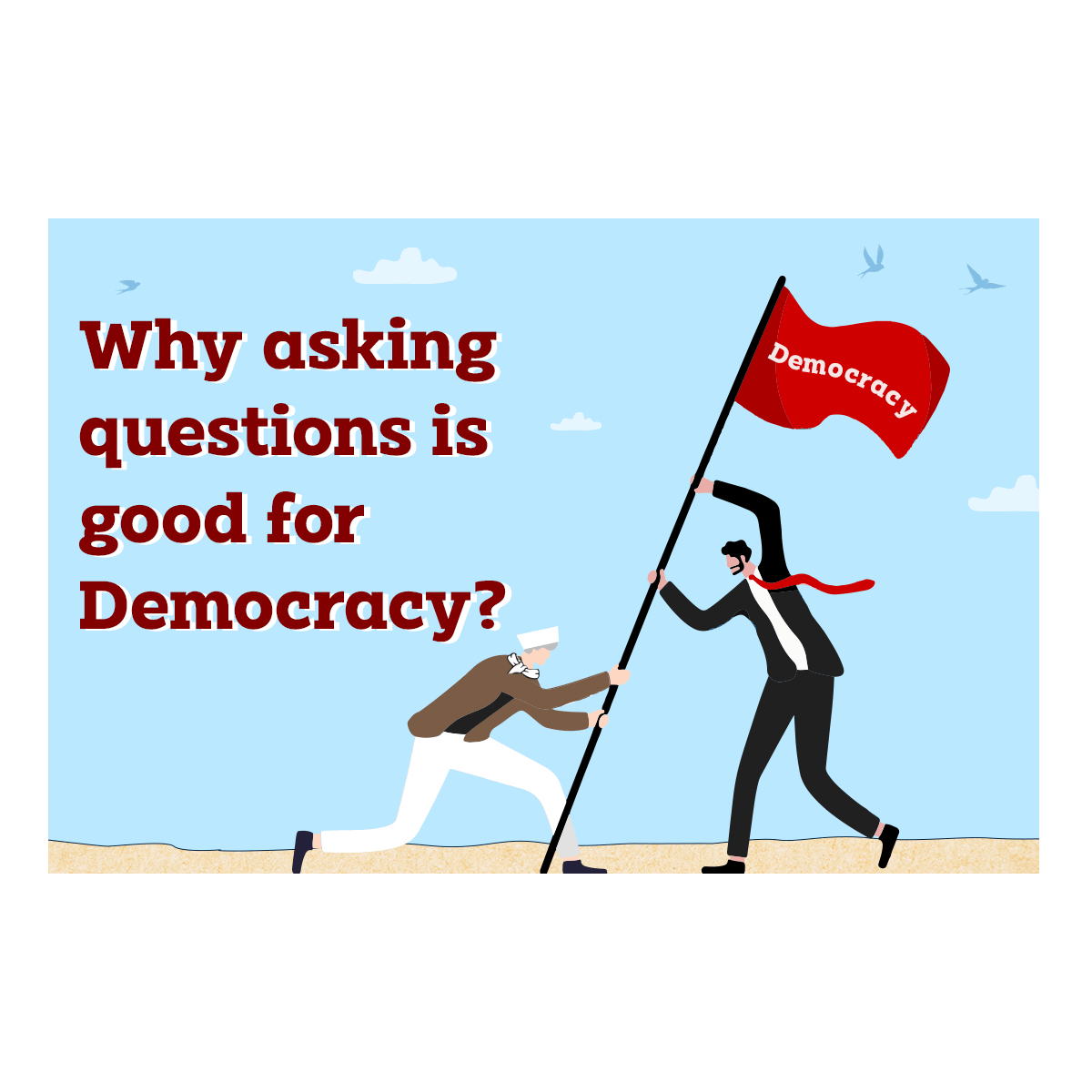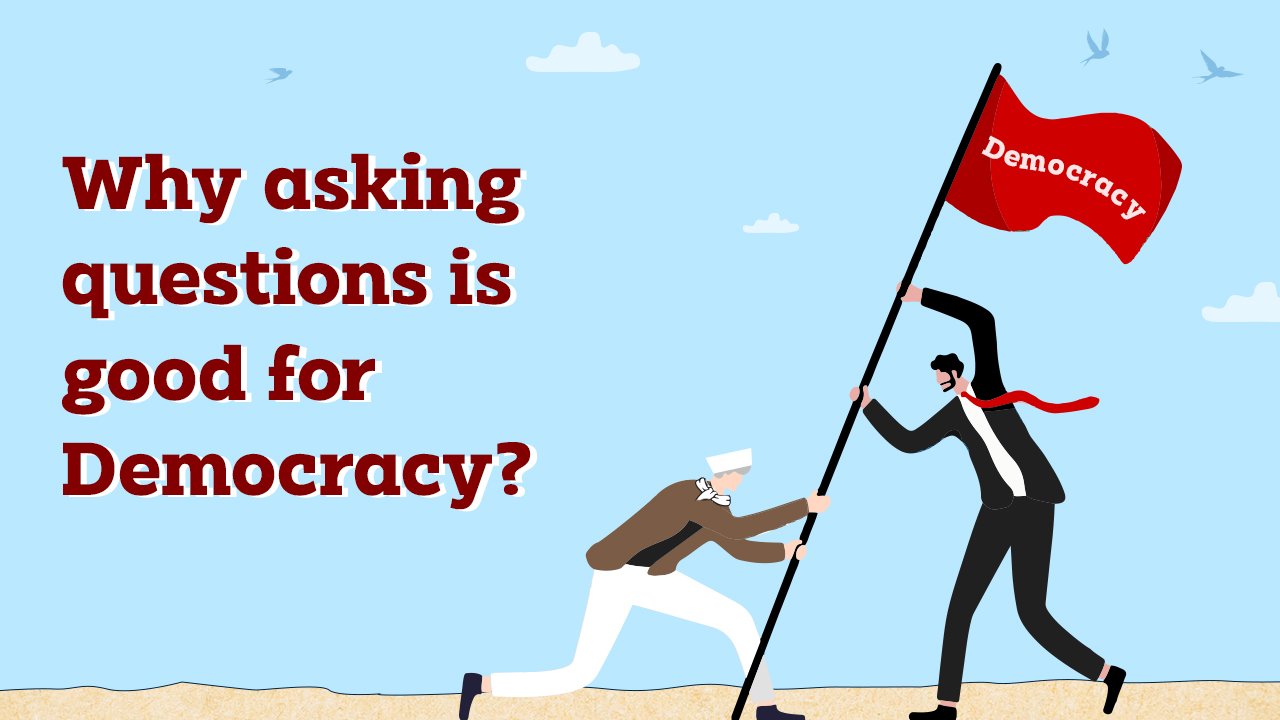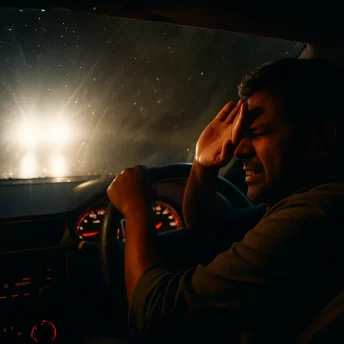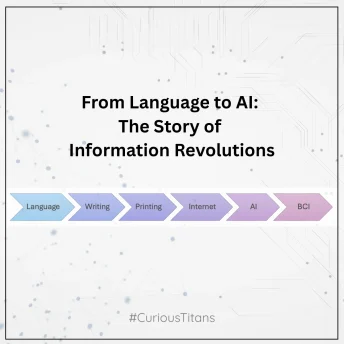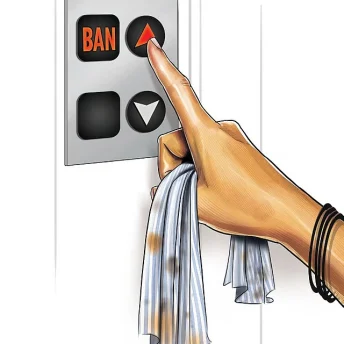Why asking questions is good for Democracy?
In a democracy, asking questions is essential. A questioning person does not become less patriotic than others. Rather a good question can remind the people in authority of their obligations and pave the way to society’s betterment. True democracy is one in which the public can candidly and fearlessly put forth their questions. The intent of such questions is not personal gain, but a collective gain for society as a whole. “What happened to me, must not happen to anyone else” is the driving force of ‘collective gain’. By voicing opinions and questioning issues, one might be solving a personal problem but it results in the collective good of all. This is true democracy in action, it allows citizens to question those in power- socially, politically, and economically.
Why Democracy?
People’s perspectives and interests are bound to differ in every community. These distinctions are especially noticeable in a country as diverse as ours. People come from various regions, speak various languages, follow various faiths, and belong to various castes. Each community views the world from their diverse experiences and has very distinct interests. In such a scenario, one group’s preferences may easily conflict with those of others. How do we resolve such a disagreement? By the use of brute force? Whichever party is stronger can set the conditions, and others will be forced to accept them. This, however, would result in bitterness and dissatisfaction.
Diverse groups may not be able to coexist for long in this manner. The only peaceful answer to this dilemma is DEMOCRACY. If a government can accommodate mixed sentiments, the various factions in the country can coexist peacefully. And as the government is elected by the people, for the people and of the people, the government cannot be a permanent winner or loser. There will always be a contest for power. That is why it is important to ask valid questions. Democracy is what holds a diverse country like India together.
Democracy is a shared responsibility of the government, executives, judiciary, and citizens
If citizens do not raise questions, the objective of democracy will fail. The administration will continue to deceive citizens by involving them in petty matters. They will use people’s ignorance as a means to achieve their own ends. If the public lacks the intelligence to appraise the movements and work ethic of the governing body, they will become political puppets.
Accountability is a central piece of good governance. Raising questions and holding the state accountable promotes power sharing (the notion of checks and balances) and public control over the use of public resources.
This also implies that no country is an ideal democracy and a democratic situation cannot be accomplished once and for all. This would require a continuous effort to preserve and develop democratic decision-making processes.
What we do as citizens has the potential to tip the scales in favor of democracy. Democracy is dependent on all citizens actively participating in politics. This is both the strength and the weakness of the democratic form of governance: the fate of the country is determined not only by the actions of the rulers but also by our actions as citizens.
#WorldDemocracyDay #AskQuestions #democracy #CuriousTitans #LearningNeverEnds

